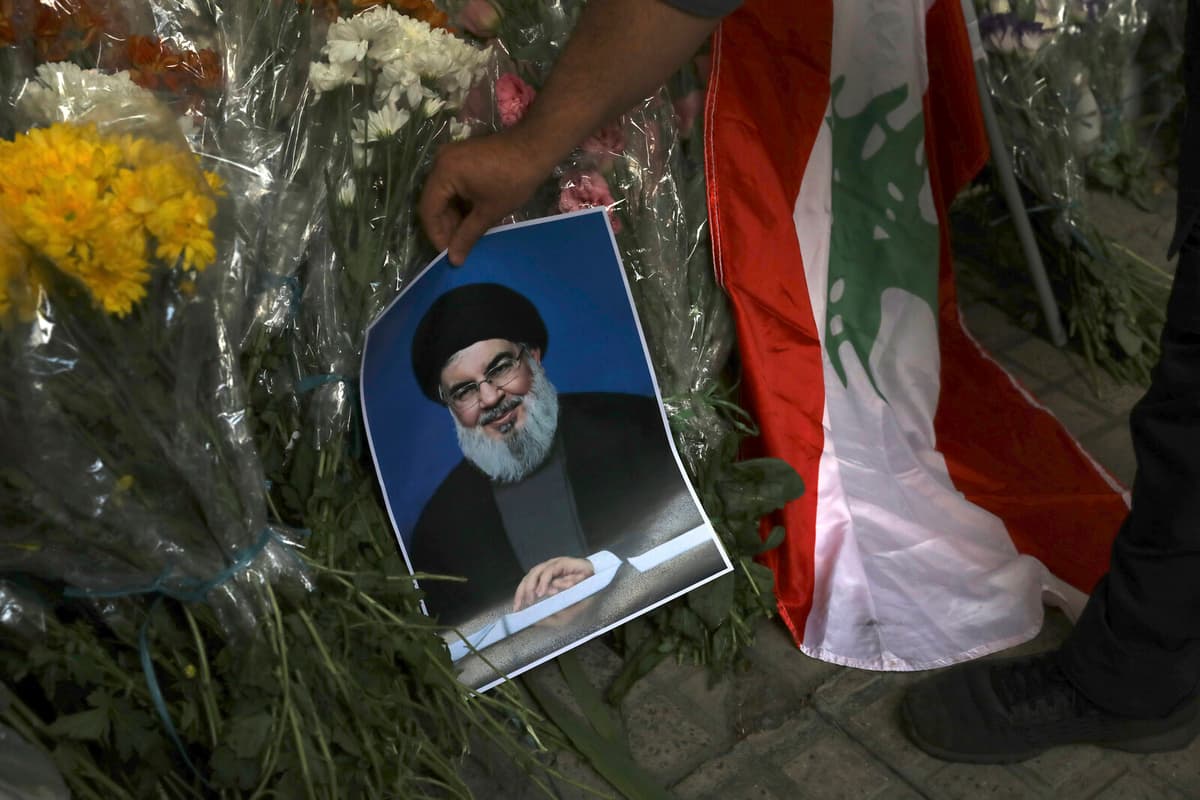Iran reserves the right to "take necessary measures as required by international law to respond to such a heinous crime and violation", writes the country's UN ambassador Amir Saeid Iravani in a letter to UN Secretary-General António Guterres and the UN Security Council.
He further writes that the UN must "unequivocally condemn Israel's terrorist action."
Injured Eyes
Thousands of people were injured and about ten were killed on Tuesday when large quantities of mainly personal items belonging to members of the Iran-backed Shia militia Hezbollah in Lebanon exploded. Among the injured is the Iranian ambassador Mojtaba Amini, who is said to have been injured in the eyes.
A second wave of electronic explosions occurred on Wednesday, mainly targeting walkie-talkies. About 20 people were killed and at least 450 were injured.
In Iravani's letter, published late on Wednesday, the UN ambassador calls the attacks "a flagrant violation of the fundamental principles and rules of international law."
UN chief António Guterres, on the other hand, is calling for caution.
"All actors must exercise maximum restraint to prevent further escalation", he writes in a statement.
Tense Wait for Speech
Israel has neither confirmed nor denied involvement in the electronic attacks.
At 4 pm on Thursday, Swedish time, Hezbollah leader Hassan Nasrallah is expected to address "the latest developments" in a speech.
The militia already pointed out Israel on Tuesday without evidence as "fully responsible" and said that its response will come "where the enemy expects it and where it does not expect it."
Hezbollah and Iran have promised revenge several times in recent months. For example, revenge was promised last summer after deadly attacks on Hamas political leader Ismail Haniya in Tehran and Hezbollah commander Fuad Shukr in Beirut. However, the counter-attacks that have taken place have been relatively lame. They have mainly consisted of rocket fire against Israeli targets, which in itself does not make a significant difference from the daily artillery fire across the border that has been going on almost daily since the Gaza war broke out nearly a year ago.
An Islamist movement, created in the early 1980s as a reaction to a conflict situation similar to today's. The Palestinian Liberation Organization (PLO) had used southern Lebanon as a base for attacks against northern Israel, which led Israel to invade in 1982. Inspired by the Islamist revolution in Iran a few years earlier, Lebanese Islamists formed Hezbollah ("God's Party"), a name chosen by the Iranian leader Khomeini.
An explicit main goal has been to expel all "colonialists". In practice, this has meant that much of the armed struggle has been directed against Israel – seen as the representative of the Western world in the Middle East.
In Lebanon, Hezbollah functions as "a state within a state", with a military power at least as great as the country's army and a strong role in politics and social life.






